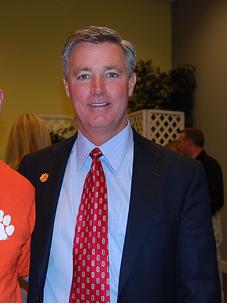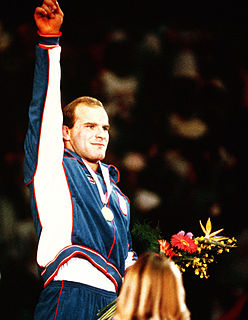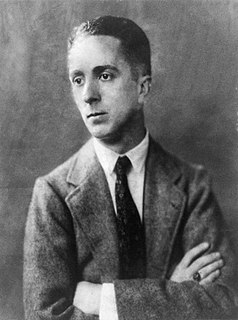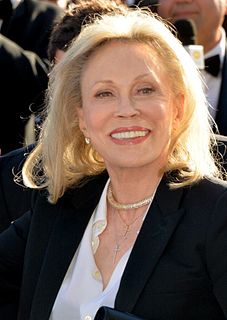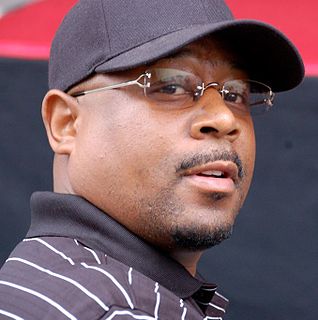A Quote by Tommy Bowden
Related Quotes
But it's the wrestler who can put the fatigue out of his mind and break through the "wall," like a marathon runner after 18 or 20 miles, who will survive. The key to that survival is in hard workouts that develop mental confidence to the point where you won't submit to fatigue and pain descending upon you.
I guess I will say, going back to the Judaism questions, there are mental reflexes or patterns that I think of as Jewish in my own feelings about mysticism and theology.Franz Kafka is someone I very much revere. If I believed in holy texts I'd go to him as a touchstone. Not that I read Kafka all the time at this point. In a way, this is what I most want to talk about and it's the hardest to talk about.
Mental health is an area where people are embarrassed. They don't want to talk about it because somehow they feel they're a failure as a parent or, you know, they're embarrassed for their child or they want to protect their child, lots of very good reasons, but mental health, I feel, is something that you have to talk about.
When I talk to the National Alliance on Mental Illness (NAMI) and other patient support groups, I take questions at the end. At one talk I was asked, "What's the difference between yourself and someone without mental illness?". At another talk I was asked, "How do you make the voices be not so mean?". I wish I knew.
Sixty-five days principle photography, five-day weeks, which is the only way I'll work. With my cinematographer Russell Boyd, we take as much time as possible before pre-production, looking at stills. The next most important thing: he will come to me and talk about lenses. And I'll see his plan, which is generally great, and I might talk about how the light will be, handheld or not? I talk very freely, and try not to talk specifically, just talk around it, because it can unlock all sorts of things.
